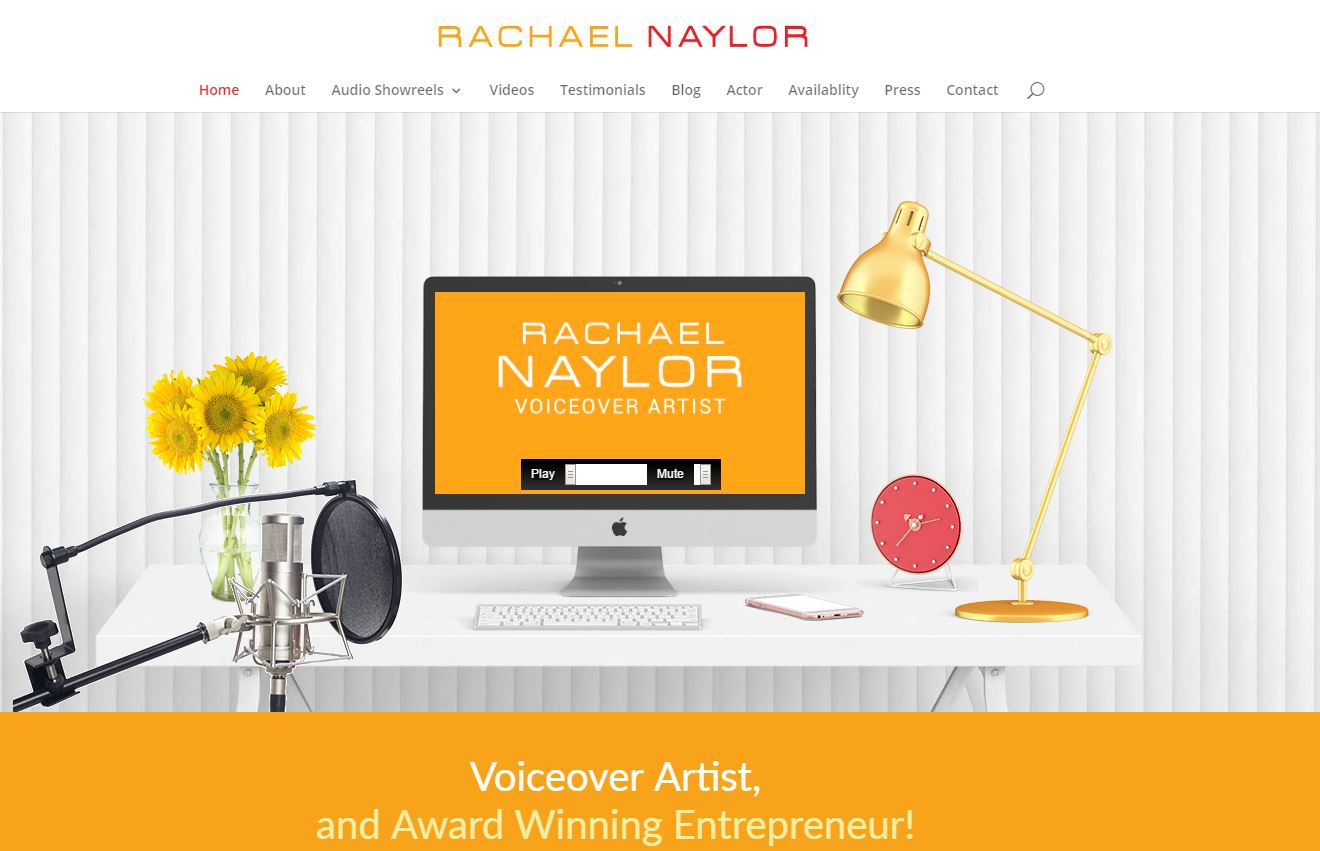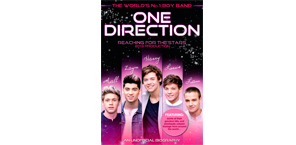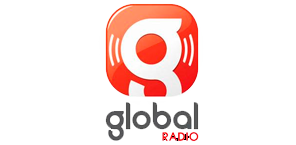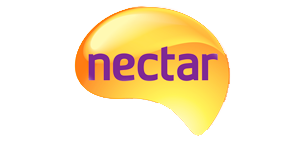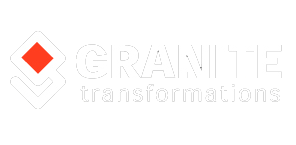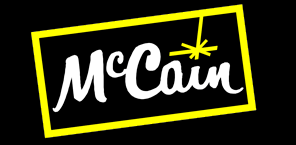Here is the recent interview I did for ActorBase –
Name: Rachael Naylor
Title: Voice Over Artist
Credits Include: CNN, Olay, Virgin Media, Toni & Guy, Cadbury, Oman Air, American Express, Asda, Nestle, Ryanair, Honda, Pirelli, McCain’s, BMW, O2, National Geographic, Tesco, Toshiba, British Gas
Interview Date: July 2014
Q. Hi Rachael, give us a little background on yourself before you became a voice over artist (degree, training, relevant work experience, interests, etc)
A. After leaving college where I did a BTEC in performing Arts I went travelling around the world which was a lot of fun and when I got back I went to drama school. I’ve always wanted to be an actress, my Grandfather was Geoffrey Sumner and he was a massive inspiration to me growing up.
Q. And how did you first get started working in the voice over industry?
A. A couple of years after leaving Drama school I saw an advert for a free 2 hour workshop on voiceovers in the back of the Equity Magazine. So I decided to go along and see what it was all about. I thought it sounded fascinating so I booked in to do a studio test; they wouldn’t do your showreel unless you were ready. As soon as I started working in the studio I felt really at home and I loved it! They said I was ready and that they wanted to make my showreel. So I got it produced, made a load of CD’s (it was all CDs then) and started sending them out to agents, producers and production companies.
Q. How easy is it to get into the voice over industry?
A. I’ll be honest it’s not easy! It’s a career choice and it takes a lot of hard work, dedication and persistence as well as of course talent to make it in this business. A lot of people think it’s a quick easy way to make some extra money but I’m afraid it’s not. I absolutely love it and yes it is a fantastic career but there is a lot more to be a successful voiceover artist than just having a nice voice.
Q. You went to Richmond Drama School to study drama, further to being a voice over artist you are also a professional actress however you seem to work most often in the voice over field – was this a conscious decision or just the way your career has panned out to date?
A. It was a conscious decision. 5 years ago I got married and decided I wanted to start a family soon so I needed to make some big choices in my life as to how that was going to work. I had a really good think about my goals and what I actually wanted to do and I decided that in order to really succeed in a particular field within the acting world I needed focus. So looking at my career and what I wanted in my life I decided to focus all my energy on becoming a full time successful voiceover artist. I set up a home studio and immersed myself in the voiceover world. I’m pleased to say it worked.
Q. Are you still keen to pursue more credits in front of the camera or happier with a career as the voice behind the lense?
A. Yes I’m just getting back in front of the camera actually. I love acting and it was my first love so yes I’ll be back in front of the camera very soon. I’ve actually started doing radio drama’s which are brilliant! I’ve just been in The Martian Chronicles on BBC Radio 4 with the lovely Sir Derek Jacobi which was so much fun to work on.
Q. Is drama school a help or a hindrance? Or a bit of both? For example is there a danger it will teach out an actor’s rawness?
A. Drama school ……. It’s such an interesting question. I did a one year course so I battled with the should I have done 3 years question, but I was hungry to get out there and I started booking work pretty quickly. I think it’s all down to the individual and what works for one won’t necessarily work for the next person. I really enjoyed Drama school and I learnt a lot about my voice which is an important part of how I have got to where I am. Overall I would say that Drama School is a good thing as you learn a lot, you gain valuable experience and the name on your CV can help to open doors. But also if you haven’t or decide not to then I think that’s fine. Some of the best actors I know didn’t train at Drama School, so it’s a personal thing. But you do need to study and keep learning all the time whether you go to Drama School or not.
Q. You have a huge list of over 120 professional credits to date which span voice over, radio, theatre, short films, musicals, TV however you pitch yourself as a voice over artist as opposed to an actress / voice over artist – why is this?
A. That comes down to the focus thing. I think it’s easier to market yourself if you have a specialty or are an expert in a particular field. I have worked very hard to get to where I am in the voiceover world. But the actress in me has been awoken, especially after The Martian Chronicles so I may be mixing things up soon.
Q. Your voice has been described as many things including friendly, natural, young, upbeat, energetic, smooth, urban, sexy, engaging, versatile, fun, trustworthy, silky and fresh – do you have your voice insured?
A. Eek that’s on my to do list! I really need to get it insured so thanks for reminding me and I’ll get on that. It’s so important to look after your voice as a voiceover artist and as an actor and I have to be very careful of going to busy bars, watching the football in the pub and shouting and if someone says they’ve got laryngitis I’m out the door before you can say ‘it’s probably not contagious anymore’!
Q. What do you do to take care of your voice?
A. I make sure I warm up my voice every day. I think it’s so important and it’s like a runner warming up so they don’t get an injury. The vocal folds are very delicate and they can get damaged if they aren’t used correctly. I also make sure I drink a lot of water, avoid dairy before big sessions and avoid alcohol the night before sessions too. As I said I have to be very aware of loud bars etc.
Q. When recording a voice over do you have to learn your lines or just be very good at sight reading? Or both?
A. Doing voiceovers you don’t need to learn any lines, you always read them off the page. There is no advantage to learning them and you’re better off using your energy to interpret the copy instead. And yes sight-reading is very important.
Q. What are your top tips for sight reading?
A. Sight-reading is a very important skill when it comes to voiceovers and I would say it’s all about practicing. If you aren’t good at sight-reading start practicing and reading stuff aloud all the time, the newspaper to your family and friends, magazine articles anything and just start getting into the habit of doing it a lot. It’s important to breathe and confidence is a big factor in sight-reading too. You need to feel comfortable, confident and focused. Make sure you are well hydrated and if you need to give yourself a little confidence boosting pep talk beforehand do it. Oh and start to enjoy it, if you find it fun, the challenge of it, that comes across in a positive way.
Q. Talk us through the process of a voice over, from receiving the script for the first time to recording.
A. So within voiceovers there are a lot of different areas of work and they’re all different in terms of the process. But generally you will be given the script either just before the session, when you go into a studio or be sent the script when recording from your home studio. I’ll read through it a few times, mark it up if it needs it. Then you go into the booth do a test recording first so the sound engineer can get levels and off you go. Sometimes you have video of the ad/documentary/promo to work with so you can see how it will fit. And also sometimes you get the music to listen to while you record which helps you to get the right mood/feel/style. Then if it’s a recording in my home studio I will then listen back and edit out the mistakes etc. and send it to the client.
Q. Should voice over artists ever accept unpaid or below equity minimum roles?
A. This is a tough one because there are a lot of people out there who are ready to take advantage of you. So I would say you need to be very careful with anything low paid or free. In this business the low payers are usually the toughest customers. But I do believe that everyone has to start somewhere and learn their craft. If you are offered something that’s low or free get some advice and research if this is something you want to be a part of. And don’t be afraid to turn work down if you don’t feel comfortable doing it.
Q. Do voice over artists have to audition like actors do or are you booked for roles purely on your voice reel?
A. Mainly I get booked from my showreel for work which is great. The big jobs usually will want an audition but a lot of those are paid anyway. In the states it’s all about auditions, they love auditioning.
Q. Where do you find most of your work?
A. It’s a mixture between getting work from my voiceover agent and also getting work myself. I’m very proactive and I’ve built up a great client base of regular clients and also clients worldwide. So I do a lot of marketing and I do find a lot of work myself too.
Q. Are there many voice over artists on the scene or is it quite a niche industry?
A. It’s an exciting place to be right now and yes there are quite a few of us, not as many as actors. People are joining in on the action all the time, even the big A list actors want in on the voiceover action these days.
Q. How important is it to have an agent for voice over artist? Do you really even need one?
A. Ok so I get asked this all the time. I would say it’s really good to have a voiceover agent that you can work with. They get you the really good gigs and they are also there to protect you. But I would also say you don’t have to have an agent to get voiceover work.
Q. If voice over artists have representation should they accept roles outside of that relationship?
A. That’s a conversation they need to have with their agent when they sign with them. Some agents want exclusivity and some are happy to work with you and understand that you get your own stuff. The thing about having a home studio is that it opens up the world for you. I have clients in the States, Dubai, Australia, Spain, Denmark, South America and more. So for those I deal with them myself. It’s about working with your agent and understanding each other.
Q. What would be the best ever voice over job you would like to work on? A Pixar animated feature?
A. Yep I’d love to be in big animation films. They look like a lot of fun and I’ve got friends who do them so watch this space.
Q. You have your own home recording studio, can you talk us through your set up?
A. My home recording studio in a purpose build booth, about the size of a small telephone box. It’s soundproofed and acoustically treated. I have a computer monitor which is attached to my laptop which stays outside the booth due to the noisy fan. I use a Rode NT2-A mic and a Focusrite Forte preamp. My headphones are Beyerdynamic DT100’s .
Q. Does having a hoem studio give you a competitive advantage or just mean a better work life balance?
A. Having a home studio is fantastic as I can provide very fast recordings. It also works really well with having a little one. And it means that I can work with clients worldwide which is pretty amazing!
Q. You have a terrific commercial voice, is this nature or nurture?
A. Thank you. I have been working on my voice for many years now and so I would say it’s a bit of both. As I mentioned I warm up every day and so I think that really helps to develop the voice and also the experience I’ve gained over the years.
Q. What is the most challenging aspect of being a voice over artist?
A. It’s a brilliant job, best job in the world I think but it’s also hard work. You have to be very on the ball and focused when you’re in the booth especially when working on big campaigns when there is a lot of money involved. Money is nice but it can also bring pressure. Voiceover work is usually very last minute so that’s great but it can also be difficult juggling different jobs.
Q. How important are networking and contacts in your industry?
A. Networking is massively important in this industry and there are a lot of changes happening with technology right now so keeping up to date with what’s going on is important too. This is why I’ve set up The VoiceOver Network. It’s a company I set up to bring together voiceover artists, producers, agents, sound engineers and casting directors in a supportive and relaxed environment. I run events and drinks once a month and it’s been a big success. Who you hang around with matters a lot.
Q. What defines success in your industry? Making a living as a voice over artist? Winning a BAFTA or an Oscar?
A. I think everyone has their own definition of success. Making a living as a voiceover artist used to be mine and now I’d quite like a BAFTA or an Oscar.
Q. You’re booked because of the quality of your voice and delivery, are you ever asked to do different accents?
A. I generally do my voiceover voice with variations on friendly, upbeat, smooth, energetic, intense etc but I do also do accents and characters especially for computer games and animations which are so much fun to work on.
Q. The internet has changed the industry over the past 15 years or so, how important is it for voice over artists to self-publicise themselves via their own website and social media presence or is all publicity best left to your agent?
A. I do a lot of this work myself, and I really enjoy it. I see myself as an entrepreneur and I have a website, I do a lot of marketing, social media and PR too. The business side of things used to scare me as I didn’t study it and I always thought of it as very serious. But I have embraced the business side of things and now I love it and I have a lot of fun with my marketing campaigns and I like to get creative too. It’s about educating yourself on how things work and keeping up to date with them too. Social media when used correctly can be fantastic! But used wrongly can be very damaging.
Q. You have your own website (www.rachaelnaylor.com) with your showreel and blog – should every voice over artist have their own website? Does it bring you much work directly or is this mainly through your agent?
A. Again this will depend on the individual. I would say that having a website in this day and age is very important. As much as Spotlight is great, most people have a website so get one. It shows that you are professional and it means that you can self-promote and not have to rely on other people.
Q. How important is it to have a business card?
A. Very important, again it’s down to looking professional. And again most people have them. Some of the best clients I work with have been people I’ve met at weddings or children’s parties! You never know when the next opportunity is going to show itself and you need to be ready for it!
Q. What s the best piece of advice would you give to someone wanting to become a voice over artist?
A. I would say study, read, do classes / workshops / masterclassses, find a voiceover coach and talk to people in the industry to decide if it’s really the right choice for you. As I said this is not an easy option but if you do decide to go down this road and you succeed it is brilliant! You need to have a professional showreel, a good website and a social media presence and strategy.
Q. Thank you Rachael, we look forward to hearing more of your talents on our screens soon.
A. Thank you for having me, it’s been an absolute pleasure.
To see the full interview please go here – ActorBase Interview with Rachael Naylor

